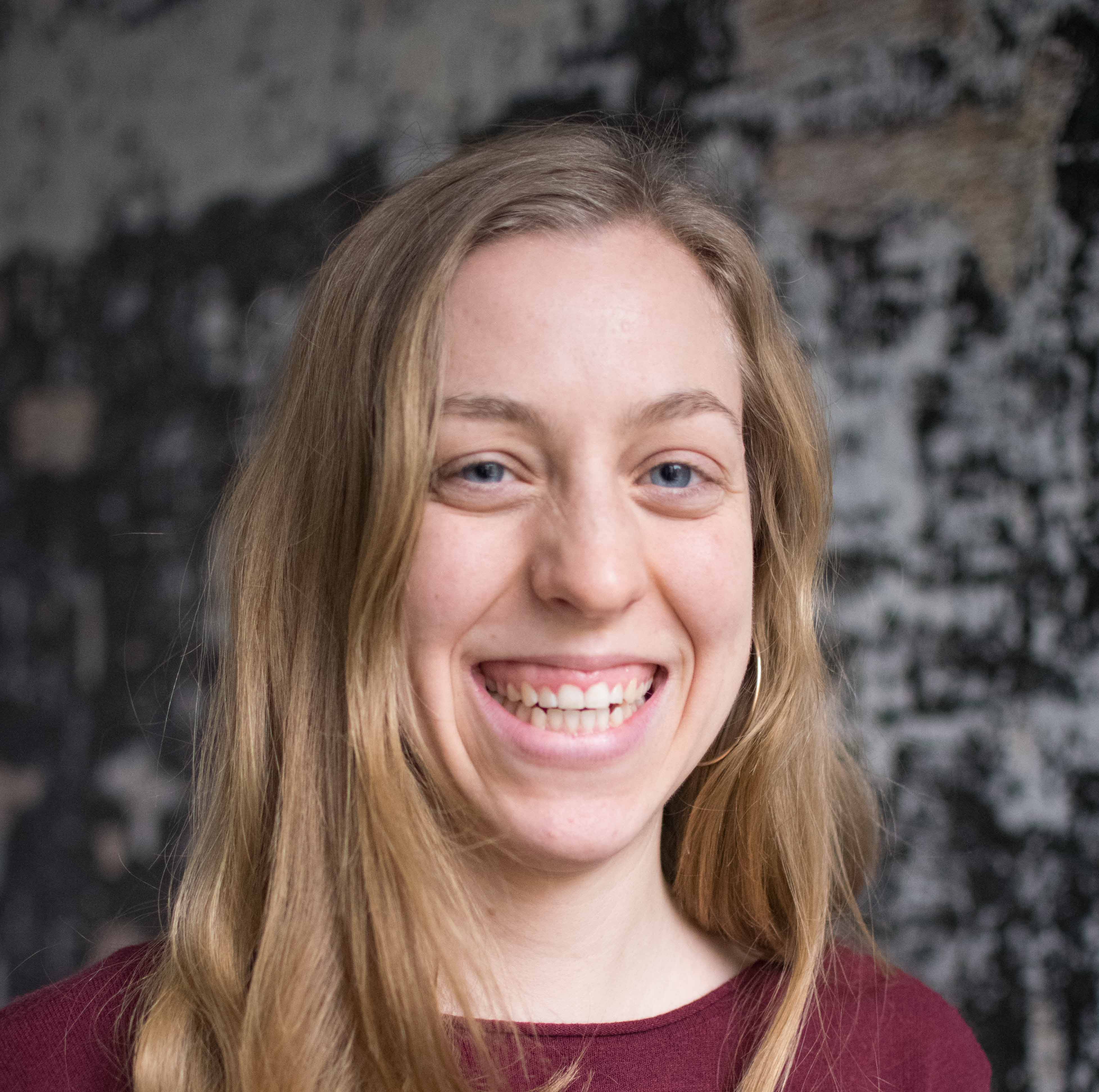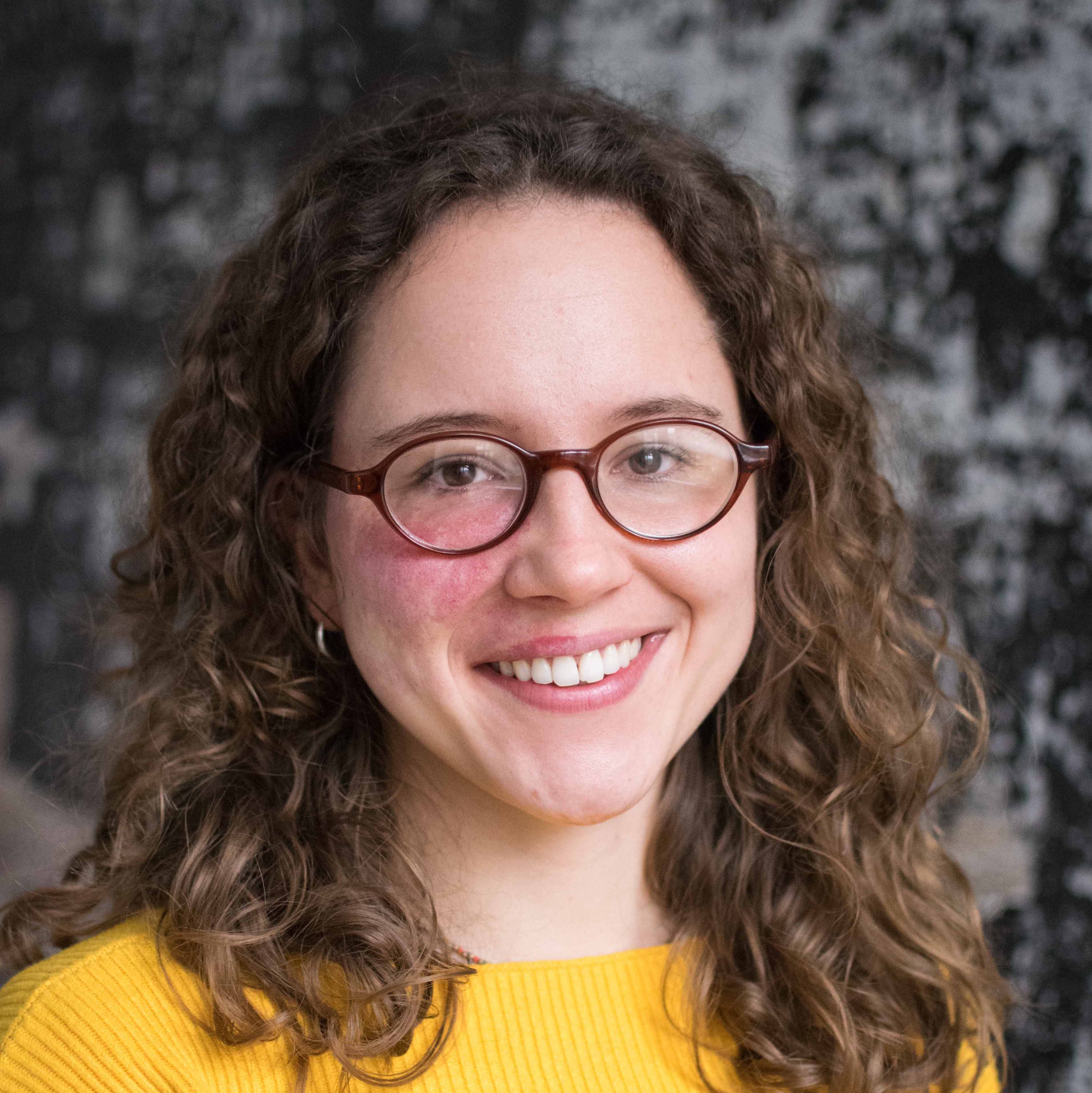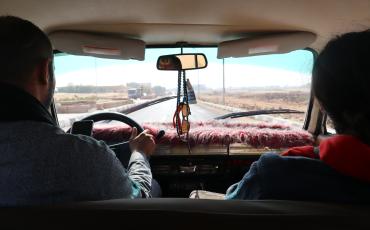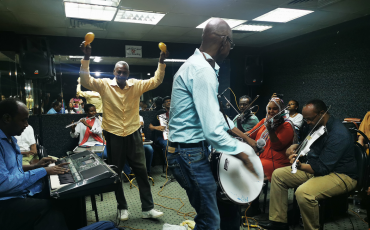25 women riding their bikes on a Saturday in Cairo – a rather unusual scene. These are the Cairo Cycling Geckos on their “New Year Massive Ride”, distributing donations to poorer neighborhoods, as covered by news channel MBC. The organization has been organizing these rides since 2016. Their goal is to make cycling girls a normality in Cairo. They’re doing so by regularly distributing meals, blankets, clothes and other supplies to neglected neighborhoods throughout the year – by bike only.
We met Nouran Salah, the 29-year old founder of Cairo Cycling Geckos at an art gallery near Sheikh Zayed City where she works as a curator. Besides art, cycling is one of her passions: "I always used to cycle when I traveled abroad and I enjoyed it very much. I felt very bad that I could not cycle back in my country – because of the streets, the lack of bicycle lanes and the harassment”, she recalls: “But one day I came back from a trip and I felt like I really wanted to cycle in Cairo, too.“
Her first cycling experience in Cairo was rather absurd to her: "Whistling, clapping and cheering. The spotlight was on me and that really made me angry. I wanted to see more girls cycling, I wanted this to be normal – not bizarre.“
At this point, sports had become an important part in Nouran’s life: “I started pole dancing when I was 25. It boosted my confidence and it made me believe in myself. That's how the idea evolved to empower women through sports“, she says. Since, according to Nouran, cycling is an unjustified social taboo in Egypt and especially men do not really accept cycling girls, she decided to break the barrier: "No matter how simple it seems, it is a real fight”.
Therefore, she developed an idea in April 2016, two months before Ramadan, a time where it is customary for people to be charitable. She wanted to distribute goods during Ramadan via bike. Someone gave her the contact of the owner of Egypt’s leading bicycle company, Bescletta, who donated the first two bikes of the project. As the movement grew, Bescletta kept donating bikes. Nouran and a couple of women sold sandwiches before the start of the fast in the streets of Maadi, Zamalek and Dokki to spread their idea and to collect money. They had small brochures to explain their mission: “Your last meal tonight is somebody's first meal tomorrow”, it read.
When Nouran first approached people in the underprivileged areas of Cairo, she received two kinds of reactions: "They either shy away and leave or they are very welcoming. The ones who shy away do so because they had the intention to harass us. Once people know that we are there to distribute food, usually the entire area protects us“. Nouran says that the more she and her group went to the neighborhoods and the better the women got to know them, the more they relate cycling women to people who do good. Changing their perception in this way is Nouran’s goal: "They will get used to seeing more women not covered, doing sports, cycling, doing charity”. Besides the neighborhood charity in Cairo, the group also undertakes longer journeys by bike to other governates of Egypt. Nouran explains: “We are traveling to other regions in order to spread awareness, not only in Cairo. It is also part of our encouragement of women to do sports and to be fit.”
The organization soon got of a lot of media attention, especially from abroad, which helped the initiative to grow both in members and financially. But gaining attention from the press also created problems: "The shoots are very annoying for volunteers because they take a lot of time. We are constantly given directions by the press and sometimes the police would stop us asking for the permission to film”, Nouran says. After the New Year Massive Ride, her team complained that all the media instructions made the movement seem fake. Nouran tried to calm the volunteers by stressing the benefits that the media coverage has for the organization and its goals.
Asked about negative feedback on social media, Nouran explains that there are negative comments, by Egyptian men only. But those comments do not get to her: "I don't reply to them, what should I say? It doesn't affect me“.
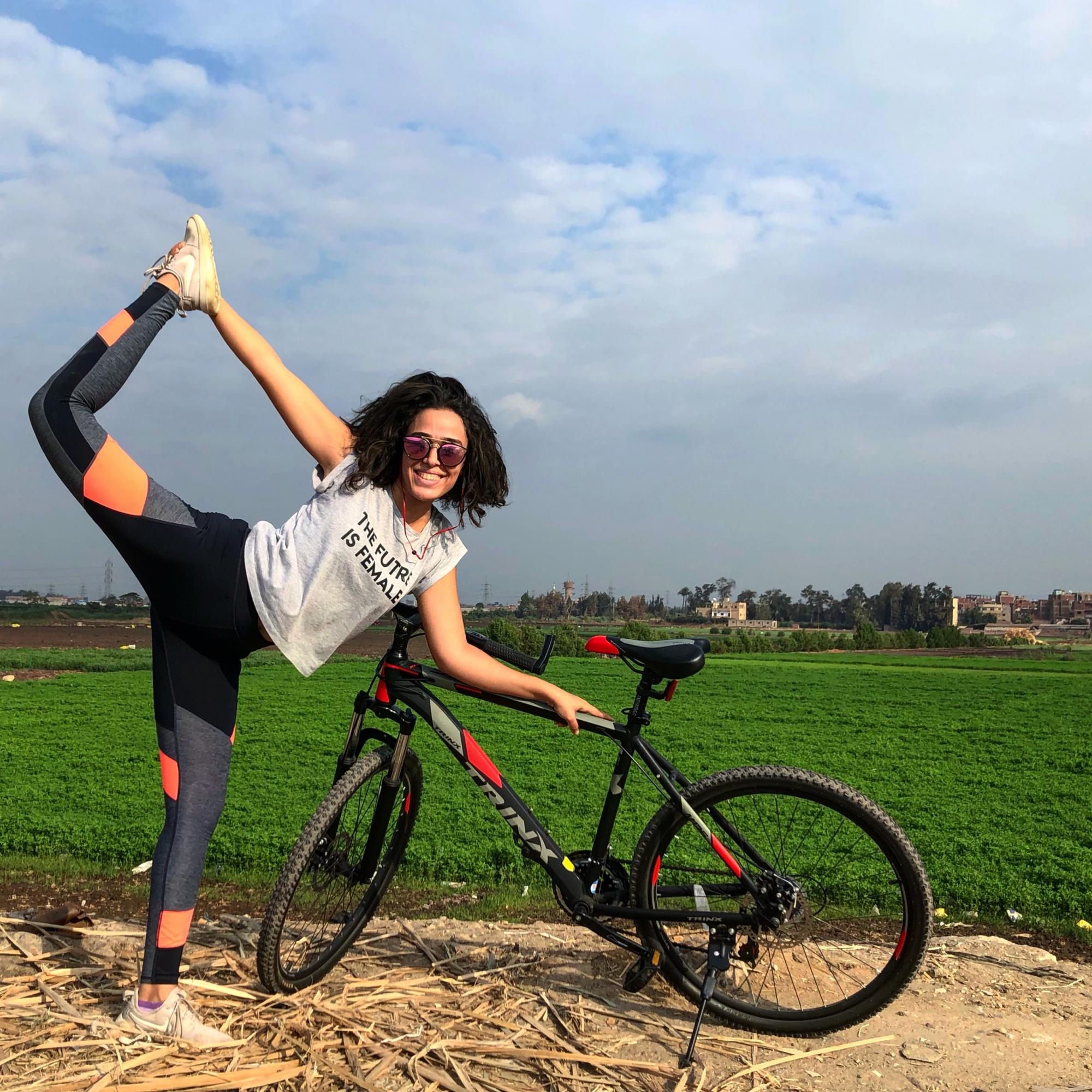
The struggle of staying authentic while benefiting from the media attention is not the only slippery slope for the organization. A lot of women from different backgrounds are involved in the project. The meals are home-cooked by refugee women, a very vulnerable group in Egypt. Nouran says, the organization makes sure they are provided with an income, until they do not ask for help anymore.
In order to bridge the gaps between the different social groups that are part of the project, Nouran advises her volunteers, who are mainly upper class and middle class women or foreigners, to enter into dialogue. "The most important thing is communication. They do not feel like we are superior, they do not feel pitied by us. I always tell the volunteers to talk to the people, to get to know their needs. When we go to these areas, we are always asked for items for the kids which is what we now focus on“.
In an arte documentary that made Cairo Cycling Geckos widely known, their work was framed in a three-fold way: First, women empowerment and public visibility through the cycling, second the support of refugee women and third the support of women in poor areas. We asked her, what's most important to her personally. "Charity is more important, that's what the country needs. But what started the project is the aspect of women empowerment and that's most important to me. We had a mixed team (men and women) for a while but the women felt, that we would lose the empowerment aspect, so now we are back to women only.“
Nouran dismissed our question about the possible positive effects of the revolution on the situation of women in Egypt: "I do not think the revolution has anything to do with women's rights. I do believe that if one wants to create change, there is no point of waiting for the government to do so. You need to go and do it yourself”.
Women's Day is a very special day for the Cairo Cycling Geckos. "We will organize a cycling trip that day with at least 30 women. We are also planning to go to the French institute as they're hosting an event on empowering women through sports”. Other than that, there will be an exhibition at the art gallery, where Nouran currently works. Six inspiring Egyptian women will be portrayed by six Egyptian female artists, creating “visual narratives”. According to Nouran, public attention on the day has generally been rising in the recent years.
In the future Nouran wants to get more Egyptians involved in volunteering. "In Egypt, charity equals donating money”. Especially people who are well educated and are wealthy should join the movement to spread knowledge and aid financially at the same time. One of Nouran’s visions for the initiative is to produce bicycles from recycled materials and to sell them for a cheap price to women in Egypt. More immediate plans for 2019 entail the cooperation with other NGOs to broaden their work with the communities. "We want to plant on rooftops, do recycling, paint walls, in the same areas that we usually go to. I need art in my life. If I could include all of my passion in one project, it would be great. Sport, charity and arts”.


